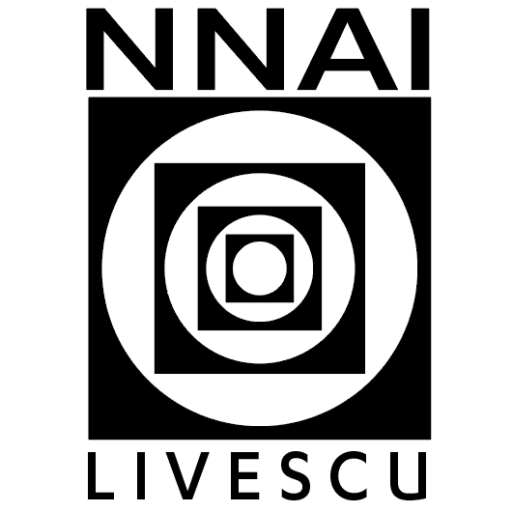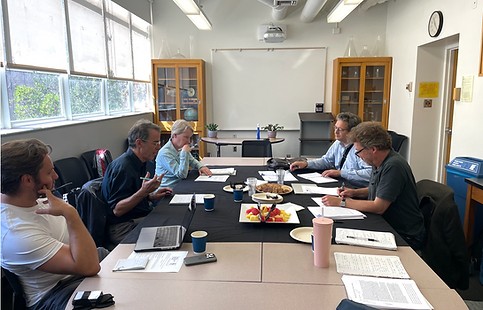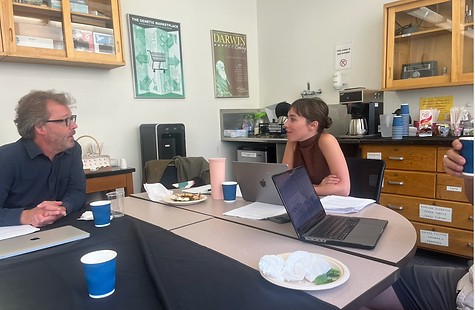Current discussions of the place of Artificial Intelligence (AI) in contemporary culture have helped bring back into view a basic philosophical question which has long preoccupied social and political theorists: to what extent, if any, should we regard the kind of rationality required to ensure the successful government of states – and to guarantee the healthy operation of society within their individual and collective embrace – as the product of a distinctively and irreducibly human nature which is necessarily social? This line of enquiry is worth reprising in the face of a welter of claims about the potential for AI technology to supplant the place of human agents in the provision of some crucial political, social and cultural services – in the conduct of war, in the administration of healthcare, in the education of citizens, in the regulation of finance, in the generation of forms of art, and so on. These activities have been assumed historically to depend for their success upon a sequence of indissociably human cognitive processes: mental operations such as perception, evaluation, judgement and decision-making. But the challenge we now face is to ask whether the involvement of human agents in such activities is, in fact, always a prerequisite of their satisfactory performance; and, if so, on what grounds.

The aim of the proposed workshop is to subject various parts of the conceptual framework which often underpins contemporary responses to this challenge to serious and sustained intellectual scrutiny. It will do so by digging deep into the intellectual history of a succession of theories about society and the state whose terms demonstrably continue to structure the terms in which we currently construe the problem. If we are to persist in relying upon these aspects of our intellectual inheritance to meet the needs of the present and, among other things, to address the perceived threats or challenges currently associated with powerful nonhuman technologies, we need to be sure – at the very least – that we have fully grasped the philosophical commitments which originally informed them.
At the center of the investigation to be conducted by members of the workshop is the question of human sociality. Our work is very much research in progress: but it will comprise a consideration of some of the major discussions of this issue in ancient Greco-Roman philosophy which acquire a particularly influential shape in the works of Plato, Aristotle and the Stoics. We are interested in this body of classical thought – and in the juridical texts which came to form the corpus of Roman law. Our workshop will sort through some of the complexities of this classical inheritance in order to make sense of a series of philosophical and legal contentions which begin to inform social and political thinking from the fourteenth century onwards as a consequence of the absorption of ancient philosophical and legal doctrine into the mainstream of European and extra-European intellectual and ideological life.
But the principal focus of our historical enquiry will be post-classical: we are especially interested in the rearticulation or rejection of ancient approaches in early modern European political, social, moral, legal and medical thought from the Renaissance to the Enlightenment, and indeed into modernity and beyond. And we are also committed to looking well beyond Europe to try to appraise how the social and political dimensions of human life have been stitched together conceptually in very different discursive environments, particularly in South Asian settings.
There are well-known historical moments in which the thesis of natural sociability, together with the naturalness of human political association, is violently rejected. The differing visions of the state entertained by Machiavelli and by Hobbes, for example, are predicated upon attempts to lay entirely to one side such presuppositions. And yet a belief in natural sociability, if not natural political society, nonetheless continued to inform not only political, social and legal philosophy but also early modern medical and literary discourse for centuries Was solitude a pathology? What kind of relationship did humans form with purely fictional persons? These broader cultural questions are equally important parts of the workshop’s purview. And as our investigation moves nearer to modern times – in which the challenges of AI can be said to face various contemporary cultures across the globe – we will be delving into the extent to which very different philosophical traditions informing the response of political societies in Asia and elsewhere are helping to marshal a sufficiently robust conceptual framework by way of intellectual response.
Workshop Overview
This two-day workshop will held on December 12 and 13, 2024, at UCLA, on the history of human sociality. Entitled ‘Natural Sociability and Political Association: Grounding Contemporary Responses to AI in an Intellectual History of Human Sociality’, the workshop consists in 15 core members composed of faculty and graduate students, who will meet together in 6 sessions, each of 90 minutes, held across two successive days. The sessions will be organized around the presentation of a working paper on some aspect of our project. Participating members will provide local, national and international scholarly perspectives on the topic in question.
Participants
Peter Stacey (History, UCLA)
Daniel Lee (PoliSci, Berkeley)
Angus Gowland (History, UCL)
Sarah Kareem (English, UCLA)
Natasha Piano (PoliSci, UCLA)
Tejas Parasher (PoliSci, UCLA)
Christopher Kelty (ISG/Anth, UCLA)
Peter Thomas (History, UCLA)
Marcos Arranz (ISG, UCLA)
Michael Mirer (PoliSci, UCLA)
Miranda Hoegberg (English, UCLA)
Yiwei Wang (PoliSci, Berkeley)
Gio Maria Tessarolo (PoliSci, Berkeley)
Alex Zhang (PoliSci, Berkeley)


